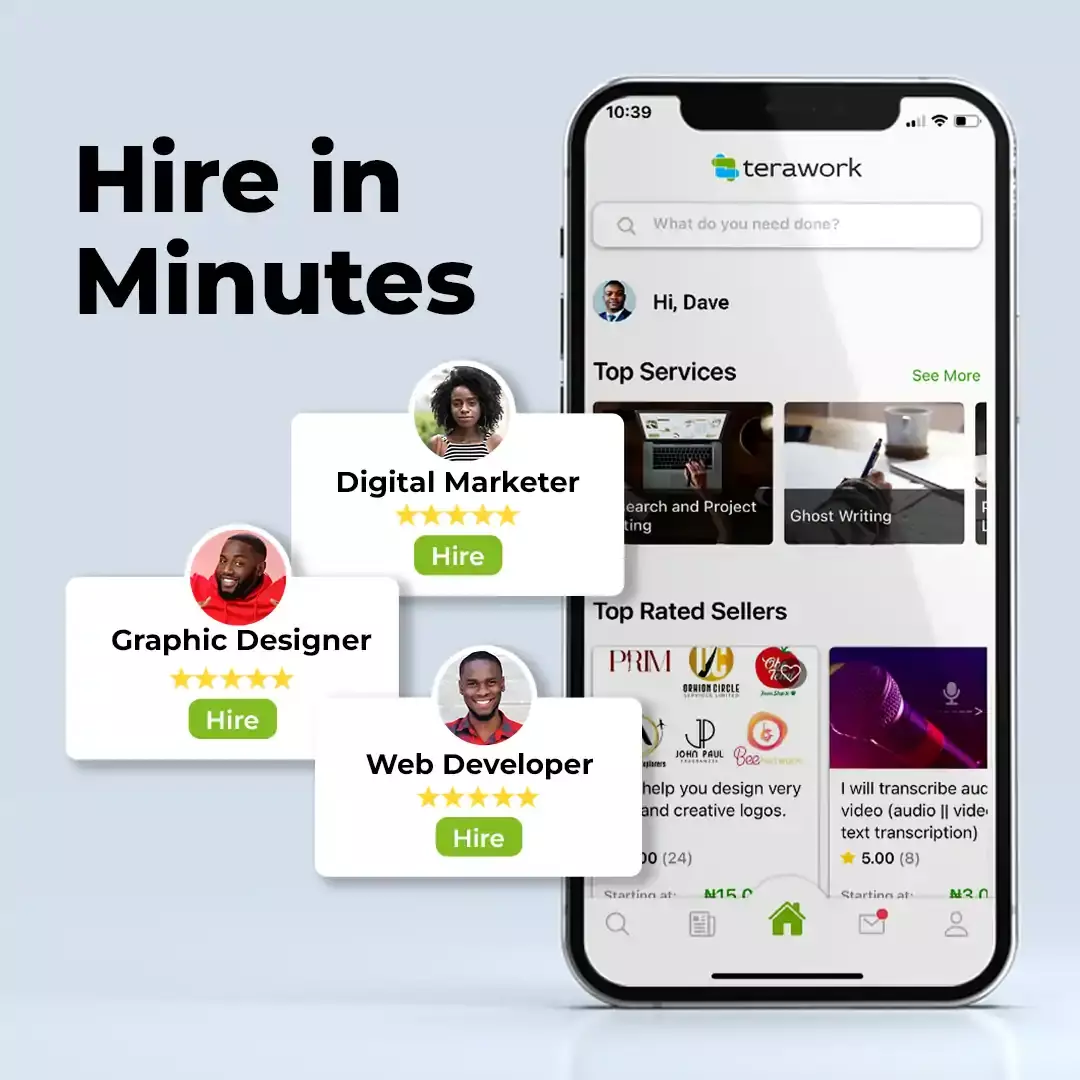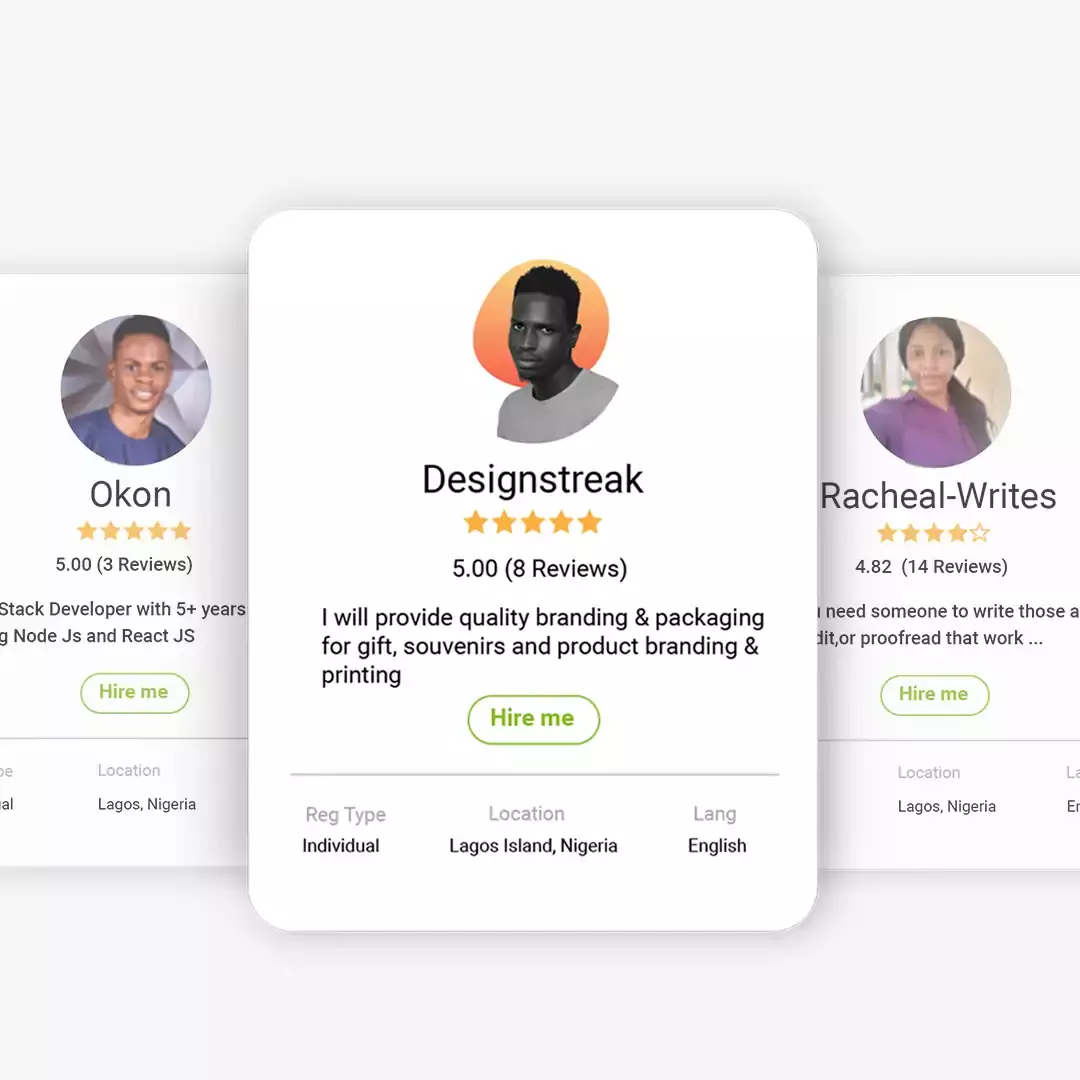You know that heart-dropping moment when an employee strolls into your office with that “Can we talk?” look and suddenly you just know your week is about to get interesting. A resignation letter lands on your desk, and just like that, the key player you were counting on for that massive client or time-sensitive project is gone. The room feels a little quieter, and your mind starts racing through backup plans and those carefully drawn timelines? They’re all out the window now.
In the business world, this kind of curveball isn’t just inconvenient; it’s one of those things that keeps entrepreneurs up at night. And the real truth? It happens more often than we’d all like to admit.
Why Continuity Planning Often Fails
We don’t talk enough about the human factor in business continuity planning. Most Companies expend resources on many things, but often neglect to prepare for the one almost inevitable disruption: talent gaps. Employees resign unexpectedly, get headhunted, or need time off for emergency reasons, projects arrive earlier than planned, or balloon in complexity, demanding skills your team doesn’t yet have.
The truth is that no matter how well you hire, train, and plan, talent shortages will happen. It’s not a sign of poor leadership; it’s the reality of running a business in a dynamic economy.
Freelancers as a Continuity Lifeline
This is where freelance talent has become a quiet but vital part of staying in business. Freelancers are no longer just a backup plan for small tasks; they’re a lifeline for continuity.
Many organizations still cling to the outdated belief that resilience means having everything in-house. But even the best teams can be blindsided by a resignation, a sudden market shift, or a global event that changes how business is done overnight, as we saw during the pandemic.
Freelance professionals offer something traditional staffing models can’t: speed, adaptability, and access to expertise that may not exist internally. They provide companies with breathing space, enabling leaders to stabilize operations without rushing recruitment decisions or compromising quality.
Business Continuity as Competitive Advantage
Business continuity isn’t only about keeping operations afloat, it’s about protecting competitiveness. Missed deadlines, frustrated clients, and stalled innovation are the hidden costs of talent gaps. Continuity gives businesses the confidence to move fast, take on opportunities, and maintain trust even when disruption hits.
Freelance talent makes this possible by stepping in quickly, keeping momentum steady, and ensuring delivery doesn’t stop when internal teams face unexpected change.
TERAWORK: Continuity Without Downtime
TERAWORK enables businesses to achieve this resilience without guesswork. With a pool of vetted professionals across IT, design, finance, and customer service, companies can fill talent gaps seamlessly and securely.
From verified expertise to transparent payments and smart matching, TERAWORK helps businesses reduce downtime, sustain productivity, and stay competitive in dynamic markets.
Take control of your business continuity. Visit terawork.com today.





